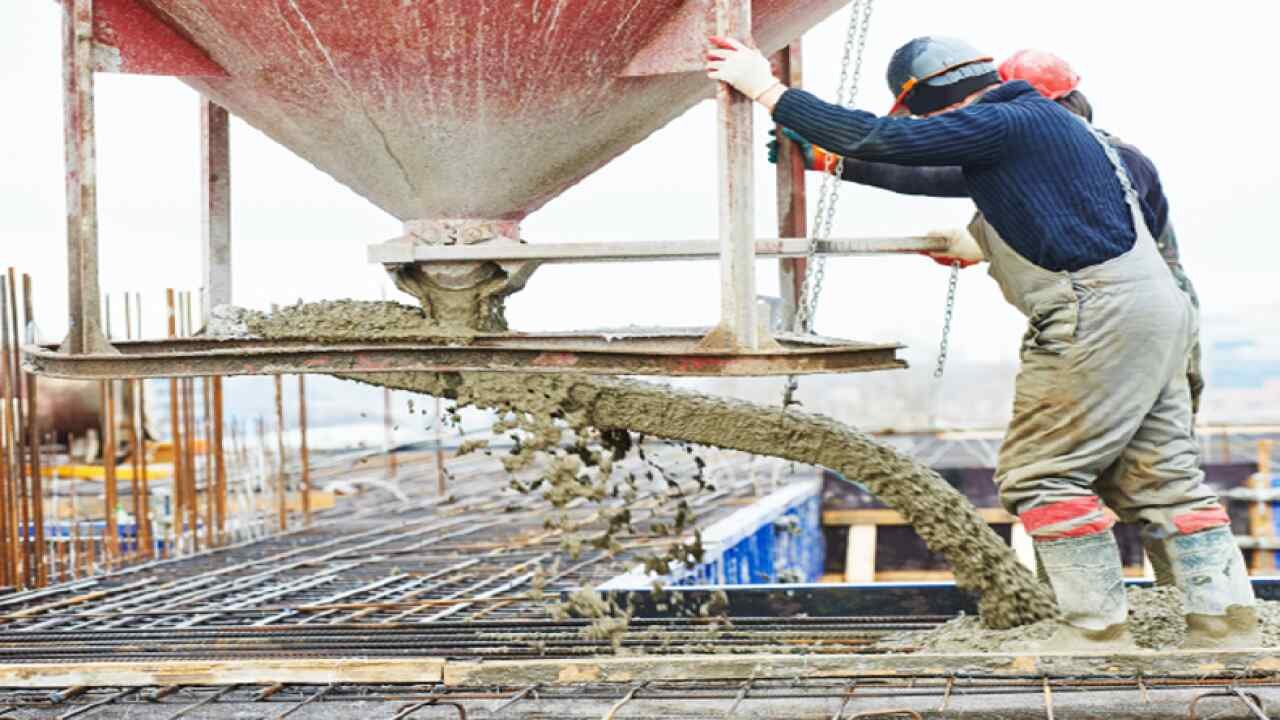Concrete additives.
- Home
- Concrete additives.
Concrete additives are essential innovations in the construction industry, contributing to the enhancement of concrete properties and improving its overall performance. This article provides a comprehensive overview of the types of additives used in concrete and how they contribute to increased strength and durability.
Benefits of Concrete Additives:
-
Improved Structural Strength: Additives contribute to increased concrete strength and its ability to withstand heavy loads.
-
Reduced Concrete Shrinkage: Some additives help reduce concrete shrinkage by controlling the curing process.
-
Resistance to Corrosion: Certain additives enhance concrete's resistance to corrosion and environmental impacts.
-
Enhanced Freeze-Thaw Resistance: Additives make concrete more resistant to freeze-thaw cycles, promoting sustainability.
Types of Concrete Additives:
-
Non-Metallic Materials: Used to improve concrete resistance to corrosion and enhance chemical stability.
-
Plasticizing Agents: Added to improve concrete strength while reducing its final weight.
-
Green Additives: Organic materials used to enhance insulation properties and flexibility.
-
Thermal Insulation Additives: Added to improve heat insulation and reduce heat transfer.
Applications of Concrete Additives:
-
Large Construction Projects: Used in towers and bridges to enhance concrete strength.
-
Roads and Bridges: Utilized to reduce concrete corrosion in roads and bridges.
-
Residential Buildings: Used to improve insulation properties and durability in residential constructions.
-
Industrial Structures: Added in factories and industrial facilities to enhance concrete performance.
Conclusion: Concrete additives represent a modern technology bearing numerous advantages for the construction industry. These innovative improvements are a crucial part of enhancing the quality and durability of construction materials, contributing to more efficient and sustainable construction projects.


Share
- Comments